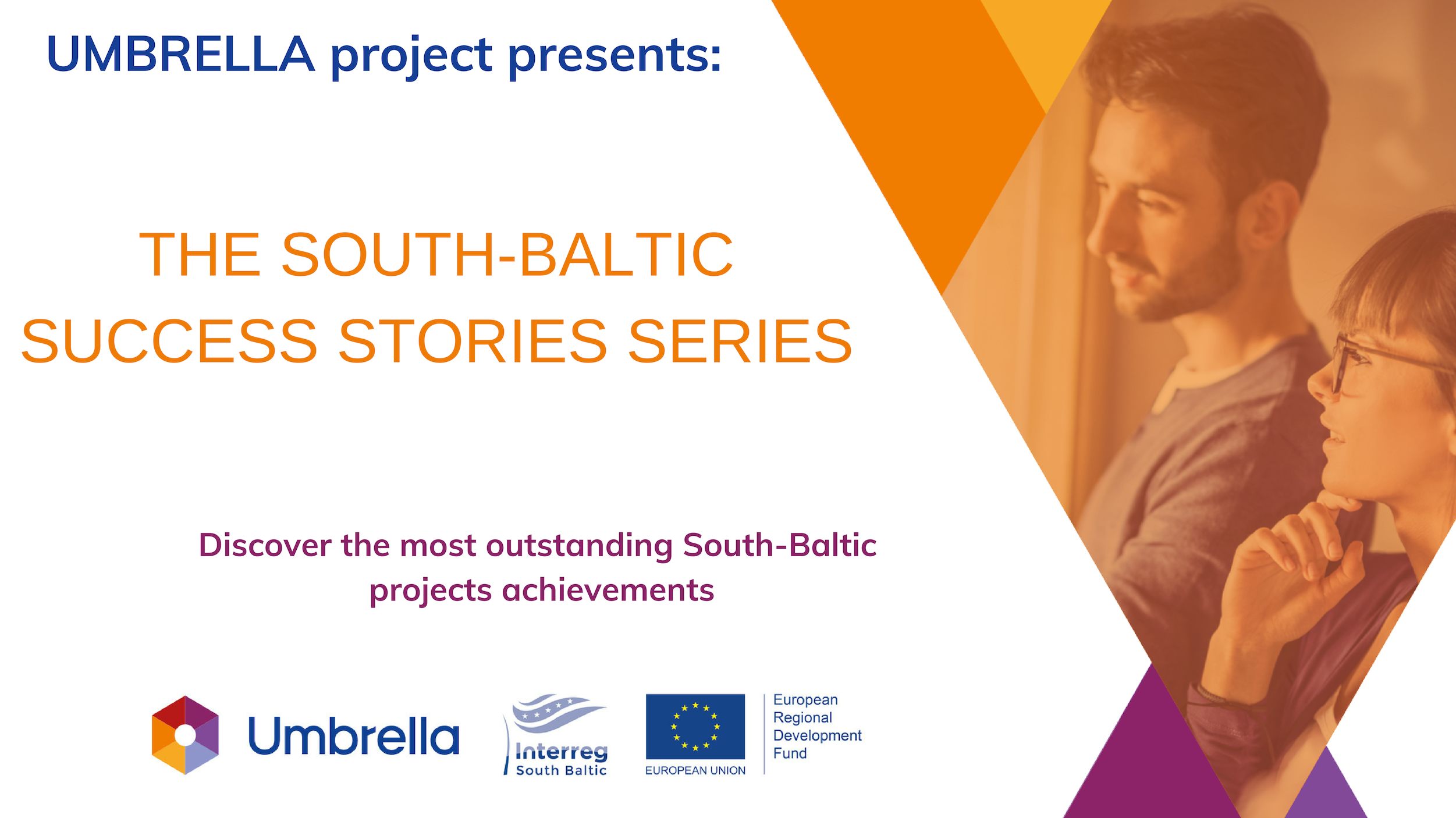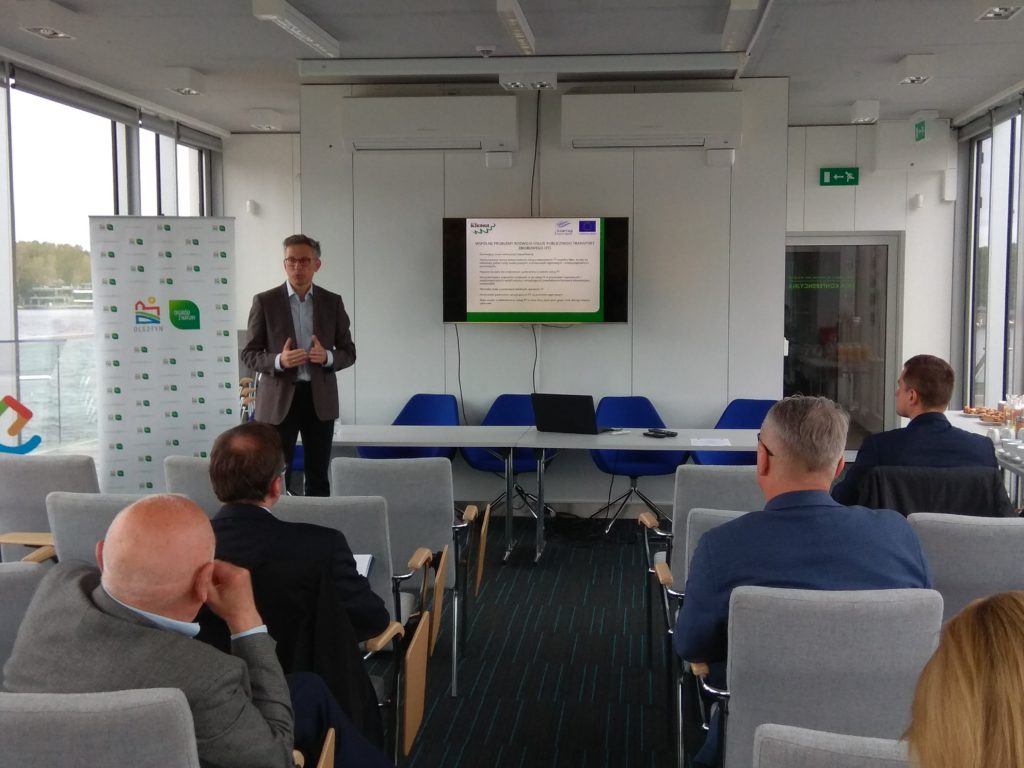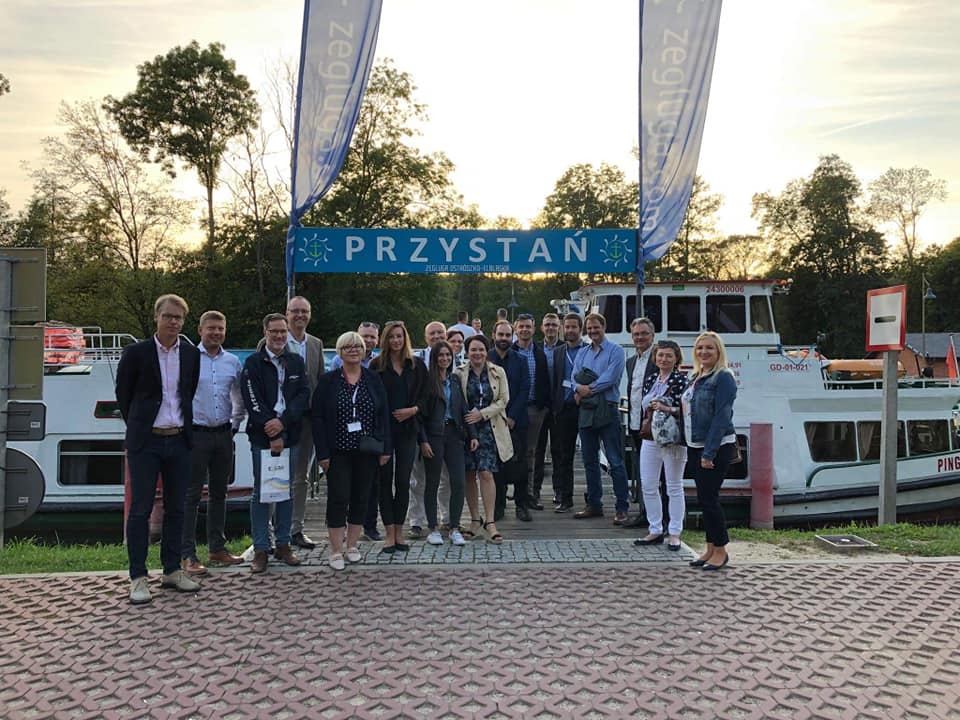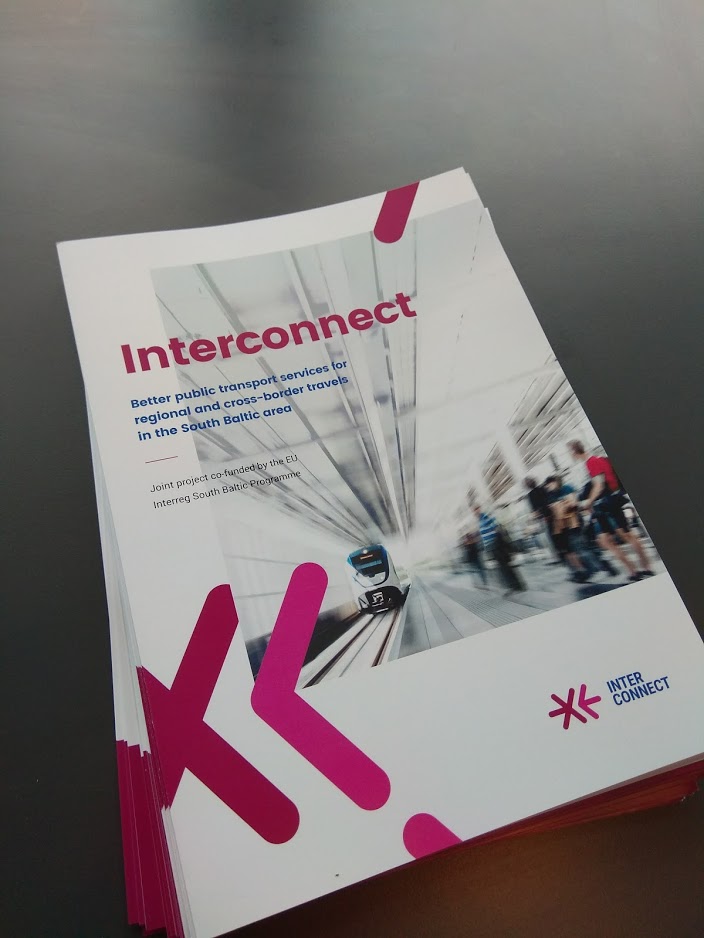
The South Baltic success story #9 – INTERCONNECT
This month we’re coming back with our Success Story on INTERCONNECT project. Interconnect supports new and more efficient public transport services both in and between the coastal regions of the South Baltic area – to give the residents and tourists broader and more sustainable options for realising their mobility needs.
Today’s problems with public transport
Today, the public transport offer in the South Baltic area hardly meets customer expectations for the comfort of making regional and cross-border journeys. Communities of the coastal regions see no clear benefits of choosing public transport over a car for longer trips:
- dissatisfied with a shortage of tickets allowing multimodal rides (e.g. bus-ferry-train) across the regional borders,
- difficult access to one-spot passenger information
- a lack of tailor-made products.
This is particularly visible on ferry links, which see a steadily growing number of cross-border car travels due to customised services and price packages for motorised passengers, while the market segment of foot passengers remains marginal.
Public transport authorities in the South Baltic area require more knowledge about regional and cross-border mobility needs in their communities – both now and in the future – and need deeper expertise on how to match them with sustainable solutions. The usual planning and management tools, market incentives and promotion campaigns in the regional communities to change the travel behaviour tend to fail, as they are usually not preceded by a mapping of no-car travel preferences.
Although many interesting public transport services and products in the South Baltic area have been developed locally, the experience is very scattered and the good practice has not been effectively exchanged at the region-to-region level so far. In addition, some South Baltic regions lack public transport systems and organisations to manage this process.
Read below some useful tips and info from the project partner responsible for the Communication in Interconnect. Answers provided by Ms Ania Dudziak, Project Officer at Euroregion Baltic, Poland.
What has been valuable or what was the most significant asset for you as a person to be a part of this project?
Being a part of this project has given me new self-development opportunities and has widened my knowledge about cross-border cooperation. But most of all, it gave me a chance to meet many great people from different countries.
What have you discovered from working with other nationalities? Is there something you discovered and you considered as a surprise (for its originality, something you discovered about your the country that you did not know before?)
When working in an international environment, you can always discover something new and surprising, something to learn from. I guess every nationality has a lot to bring “onboard the project”, whether it’s cultural, social, or legal issues. The beauty of working with other nationalities is the possibility of creating something unique that might reach beyond any kind of borders.
If newcomer: What was your experience as a newcomer in the Partnership?
As a newcomer in both partnership and international projects, I was amazed by how well people from different environments/institutions can work together, overcoming any boundaries and sharing their experience and knowledge to gain common goals.
What has your organization gained from the project?
The Interconnect project partnership is about being a part of changes that affect our everyday life, e.g. sustainable transport, mobility etc. The partnership gave us a great chance to extend the contact network of experts, local institutions and companies to cooperate with in the future. It is also a significant opportunity to share know-how and international experience in implementing technical solutions when it comes to a particular area of regional development.

How has the project made an impact on your area?
A great success of the Interconnect project is the intense cross-border cooperation and pilot work to implement technical solutions in developing a model of paying for public transport journeys in cross-border traffic between Region Blekinge(Sweden) and Pomorskie Voivodeship (Poland), as well as the development of the FALA integrated ticket system in Pomorskie Voivodeship.
Has something changed/ improved thanks to your Project?
The process of the implementation of the FALA integrated ticket system in Pomorskie Voivodeship has already started, which will have a significant impact on the ease of use of public transport in this area.

Do you have any good advice for potential new organizations that wish to enter into international projects and CBC networks?
No organization should hesitate to enter into CBC networks and transfer their project ideas to the international level. Reaching international partners gives a project better chances of evolvement and implementation.

Tags: best practice, Interconnect, Interreg South Baltic, project, success story
